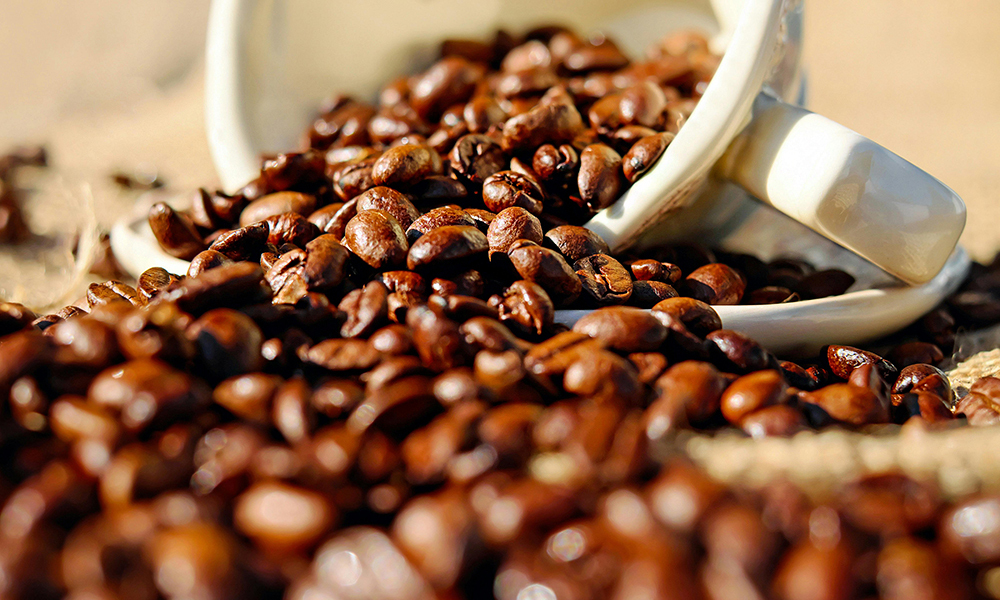Latest
Deportation flights, Colombian supply chain tariffs, and the fragility of coffee
Monday January 27, 2025

- Colombian President blocks U.S. military, accusing the U.S. of criminalizing Colombian migrants
- In response, Trump threatens a 25% tariff on Colombian goods, potentially increasing to 50%, impacting U.S. consumer prices and destabilizing the supply chain.
The backstory: Colombian President Gustavo Petro blocked a U.S. military flight this weekend carrying migrants being deported by the Trump administration, accusing the U.S. of treating Colombian migrants like criminals.
Supply chain impact: Trump responded with threats of a 25% tariff on Colombian goods, which could have risen to 50% within a week. The tariffs, which function as a tax on imported goods, could increase U.S. consumer prices on items like coffee, crude oil, and cut flowers. Colombia supplies 20% of the U.S.'s coffee imports and is the second-largest source after Brazil. The potential tariffs were part of Trump's broader economic strategy, using the International Economic Emergency Powers Act of 1977.
A resolution: Colombia agreed to accept deported migrants on U.S. military planes after initially blocking two flights. The agreement included "unrestricted acceptance" of deportees.
Why it matters: The situation highlighted the speed of potential economic devastation in a new administration that moves fast and uses every bargaining chip available. Further downstream, a fast and drastic increase in the price of goods like coffee threatens Colombian workers' livelihoods, as well as every stage of the supply chain in between producer and consumer. The episode likely served as a warning to other countries, particularly Mexico, which Trump hinted could face similar tariffs.
We'll be touching base with logistics experts to discuss global tariff mitigation strategies and how they plan to stay resilient as politics continues to influence trade.